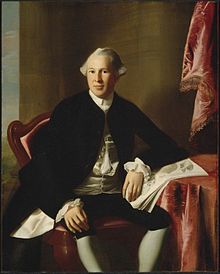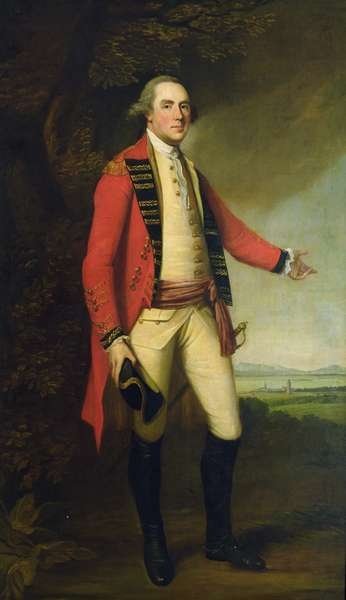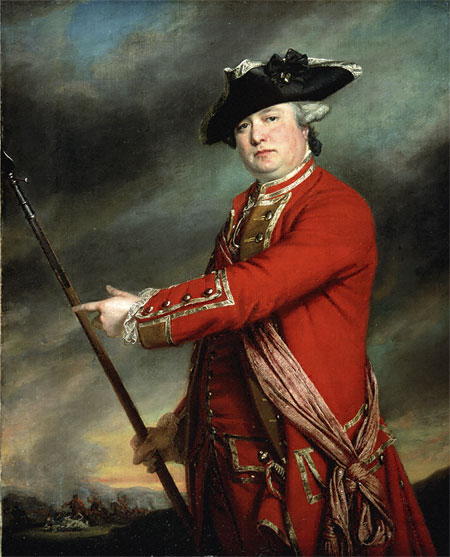Battle Background:
In Lexington (near Massachusetts,) the British hoped to capture Sam Adams and John Hancock. In Concord, British troops were to seize control of the colonial’s gunpowder.
Military leadership:
The militia leaders of the British military during this battle are General Thomas Gage and Lieutenant Colonel Francis Smith. The militia leader of the continental army during this battle is Major General Joseph Warren.
 |
| Major General Joseph Warren |
 |
| General Thomas Gage |
 |
| Lieutenant Colonel Francis Smith |
Plans and Objectives:
General Gage of the British army had a secret plan that sparked the battles of Lexington and Concord. In the early morning of April 19, 1775, General Gage sent out waves of British troops for ambush in the 13 colonies. On April 7, 1775, with the threat of British troop movement, Joseph Warren sent Paul Revere to warn the Massachusetts Provincial Congress in Concord. When warning was received, Concord residents began moving the military supplies away from the town. The colonials were warned in time and were prepared for war. When the British troops began to lose their raid on Lexington, they retreated towards Boston where new waves of warned Colonial militia were able to obstruct them. In way to Concord, colonials marched with new regiments who had joined them. From there, the British retreated towards Boston.
 |
| Midnight Rider Paul Revere |
Execution:

Results:
The British’ plans failed and were forced to retreat.
Bibliography:
http://en.wikipedia.org/wiki/Joseph_Warren
http://en.wikipedia.org/wiki/Battles_of_Lexington_and_Concord
http://www.history.com/topics/american-revolution/battles-of-lexington-and-concord
www.ushistory.org/us/11c.asp